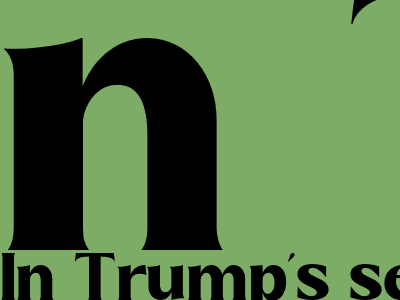
In Trump’s Second Term, Czars Will Reign
What are czars?
Czars are high-ranking government officials who are responsible for a specific policy area. They are typically appointed by the president and serve at his or her pleasure. Czars are often given broad authority to make decisions and implement policies within their areas of responsibility.
Why is Trump appointing so many czars?
Trump has appointed a number of czars to his administration, including a cybersecurity czar, a manufacturing czar, and a small business czar. Some critics have argued that Trump is using czars to bypass the traditional bureaucracy and concentrate power in the hands of a few loyalists.
What are the implications of Trump’s use of czars?
The use of czars has a number of implications for the American political system. First, it could lead to a more centralized and authoritarian government. Second, it could weaken the role of Congress and the bureaucracy. Third, it could make it more difficult for the public to hold the government accountable.
Historical Precedents for Czars
Trump is not the first president to appoint czars. In fact, the use of czars has a long history in American politics. President Franklin D. Roosevelt appointed a number of czars to help him manage the New Deal. President George W. Bush appointed a homeland security czar after the 9/11 terrorist attacks.
Controversy Over Czars
The use of czars has been controversial since the beginning. Critics argue that czars are not accountable to the public and that they can be used to bypass the traditional checks and balances of the American political system.
Conclusion:
The use of czars is a controversial issue. There are both pros and cons to the use of czars. Ultimately, the decision of whether or not to use czars is a political one. It has yet to be seen how Trump’s use of czars will impact the American political system.